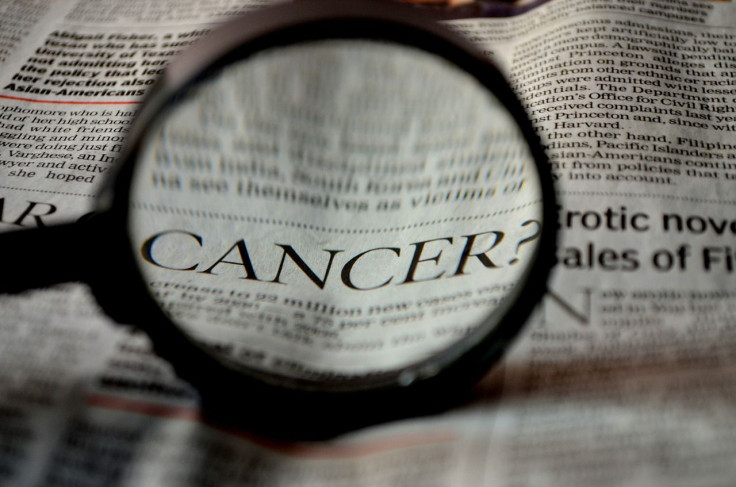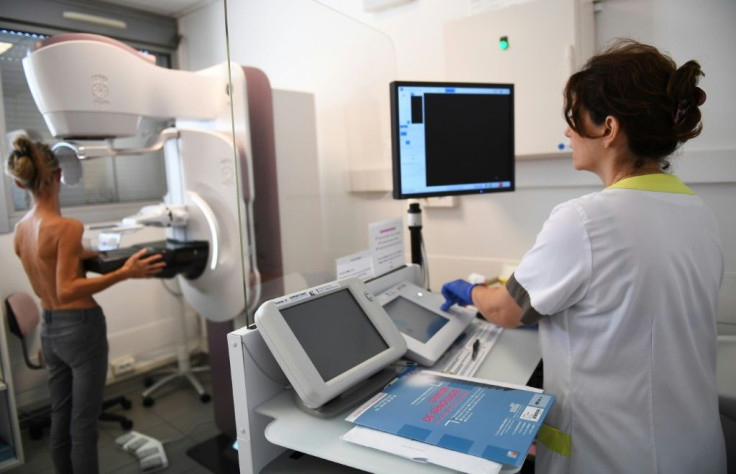Cancer, Heart Disease Vaccines: When Are They Arriving?

Cancer and heart disease are two of the leading causes of death worldwide. But a ray of hope has emerged in the form of new vaccines for both conditions and more.
A leading pharmaceutical company has recently opened up about the timeline for the possible release and availability of the world's first cancer and heart disease vaccines.
In an exclusive interview with The Guardian, published Friday, Moderna's chief medical officer, Dr. Paul Burton, said the pharmaceutical firm is likely to offer such advanced treatments in as little as five years or by the end of the decade.
Moderna is one of the leading COVID-19 vaccine manufacturers during the pandemic. The Covid jabs have significantly helped researchers improve vaccine development, enabling them to take on various diseases with the help of mRNA.
According to Burton, Moderna is already working on cancer vaccines that target different tumor types. He voiced optimism when he said the upcoming treatments would save millions of lives.
"We will have that vaccine, and it will be highly effective, and it will save many hundreds of thousands if not millions of lives. I think we will be able to offer personalized cancer vaccines against multiple different tumor types to people around the world," he said.
Aside from cancer, Burton said the accelerated progress in vaccine development has made it possible for them to also target other conditions, such as heart or cardiovascular disease and autoimmune diseases.
"I think what we have learned in recent months is that if you ever thought that mRNA was just for infectious diseases, or just for Covid, the evidence now is that that's absolutely not the case," he said.
"It can be applied to all sorts of disease areas; we are in cancer, infectious disease, cardiovascular disease, autoimmune diseases, rare disease. We have studies in all of those areas, and they have all shown tremendous promise."
Pfizer, another leading Covid vaccine maker, is collaborating with BioNTech to harness the same knowledge in developing new vaccines. It is already working on an mRNA-based influenza vaccine and eyeing other infectious diseases, including shingles.
"The learnings from the COVID-19 vaccine development process have informed our overall approach to mRNA research and development, and how Pfizer conducts R&D (research and development) more broadly. We gained a decade's worth of scientific knowledge in just one year," a Pfizer spokesperson told The Guardian.
Using mRNA for various diseases like cancer would be a game-changer for the entire medical community. Not only can the mRNA molecule instruct the body which disease-ridden cells to target, but it can also do so without sacrificing healthy cells.
"...10 years from now, we will be approaching a world where you truly can identify the genetic cause of a disease and, with relative simplicity, go and edit that out and repair it using mRNA-based technology," Burton quipped.
The medical community's effort to create cancer vaccines started way back in the 1980s. As of late, the vaccines only exist in clinical trials as scientists work hard to perfect them before their public release. Considering that there are more than 100 types of cancer, researchers need to come up with vaccines personalized to target specific cancer types. This requires a lot of time to accomplish.

Published by Medicaldaily.com



























